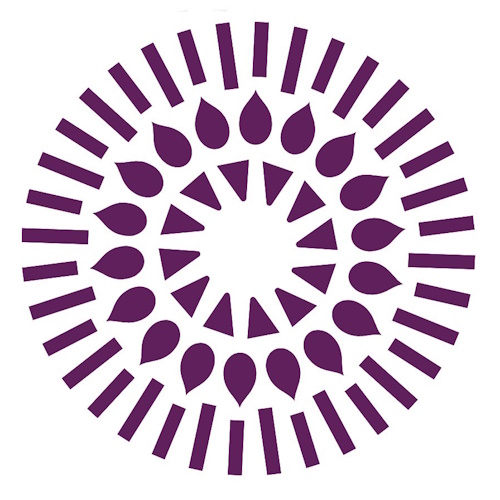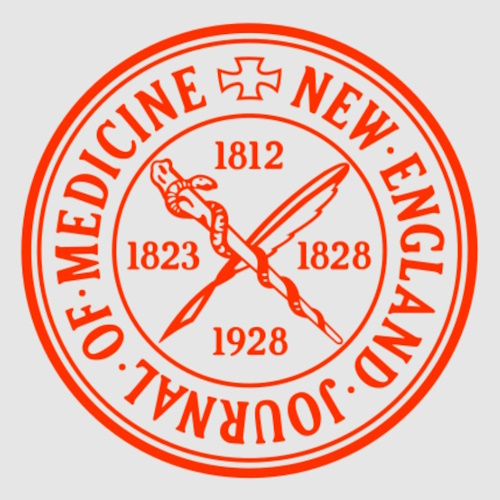Key points from article :
A new study published in the New England Journal of Medicine has reported remarkable progress in restoring sight to people with previously incurable blindness. Led by Dr. Mahi Muqit, a senior consultant at Moorfields Eye Hospital in London, the research tested a paper-thin electronic implant known as the Prima device. Inserted beneath the retina, this tiny 2mm by 2mm chip has enabled patients with severe vision loss due to dry age-related macular degeneration (AMD) to regain the ability to see letters, numbers, and words — something experts describe as a “new era” in artificial vision.
In the trial, which included 38 patients across Europe, 84% regained partial sight and were once again able to read. Before the implant, all participants had lost their central vision and could only rely on peripheral sight. The surgery itself lasted less than two hours and involved inserting the microchip under the retina through a standard vitrectomy procedure. Patients then used augmented reality glasses equipped with a video camera connected to a small computer worn on the waistband, allowing the system to process visual information and transmit it to the brain via electrical signals.
The combination of advanced hardware and AI processing effectively bypassed damaged retinal cells, translating visual scenes into a new form of “artificial vision.” However, success required patients to undergo extensive rehabilitation and training to learn how to interpret the images produced by the implant. One participant, 75-year-old Sheila Irvine, described the moment she first saw letters again as “dead exciting,” highlighting how the technology restored not only her vision but also her confidence and independence.
Experts say these results could transform treatment for dry AMD — the leading cause of sight loss in older adults — which currently has no effective therapy. While the device still requires refinement and longer-term studies, the Prima implant marks a major step forward in neuroprosthetics and ophthalmology, offering new hope for millions of people facing blindness.








